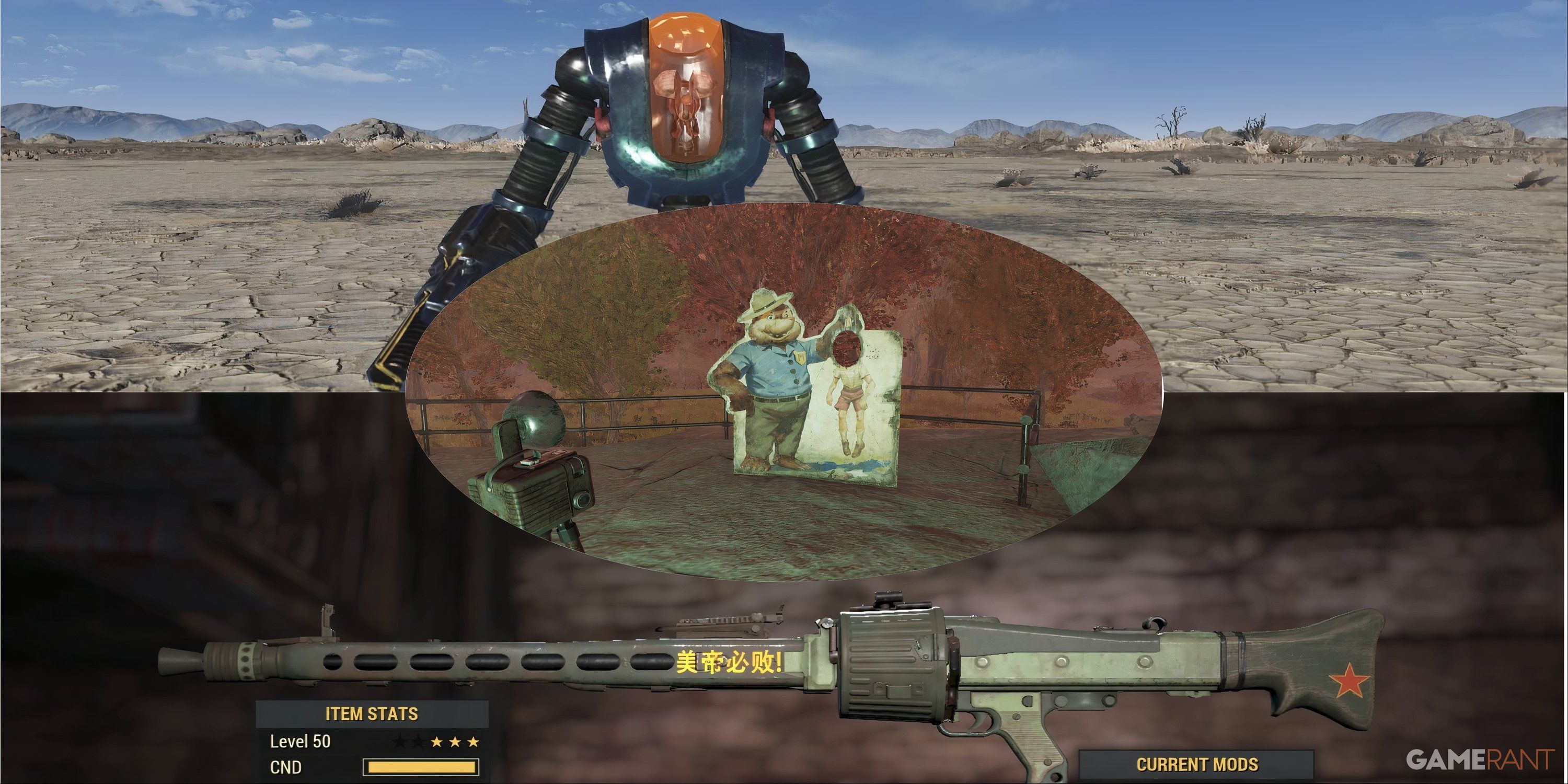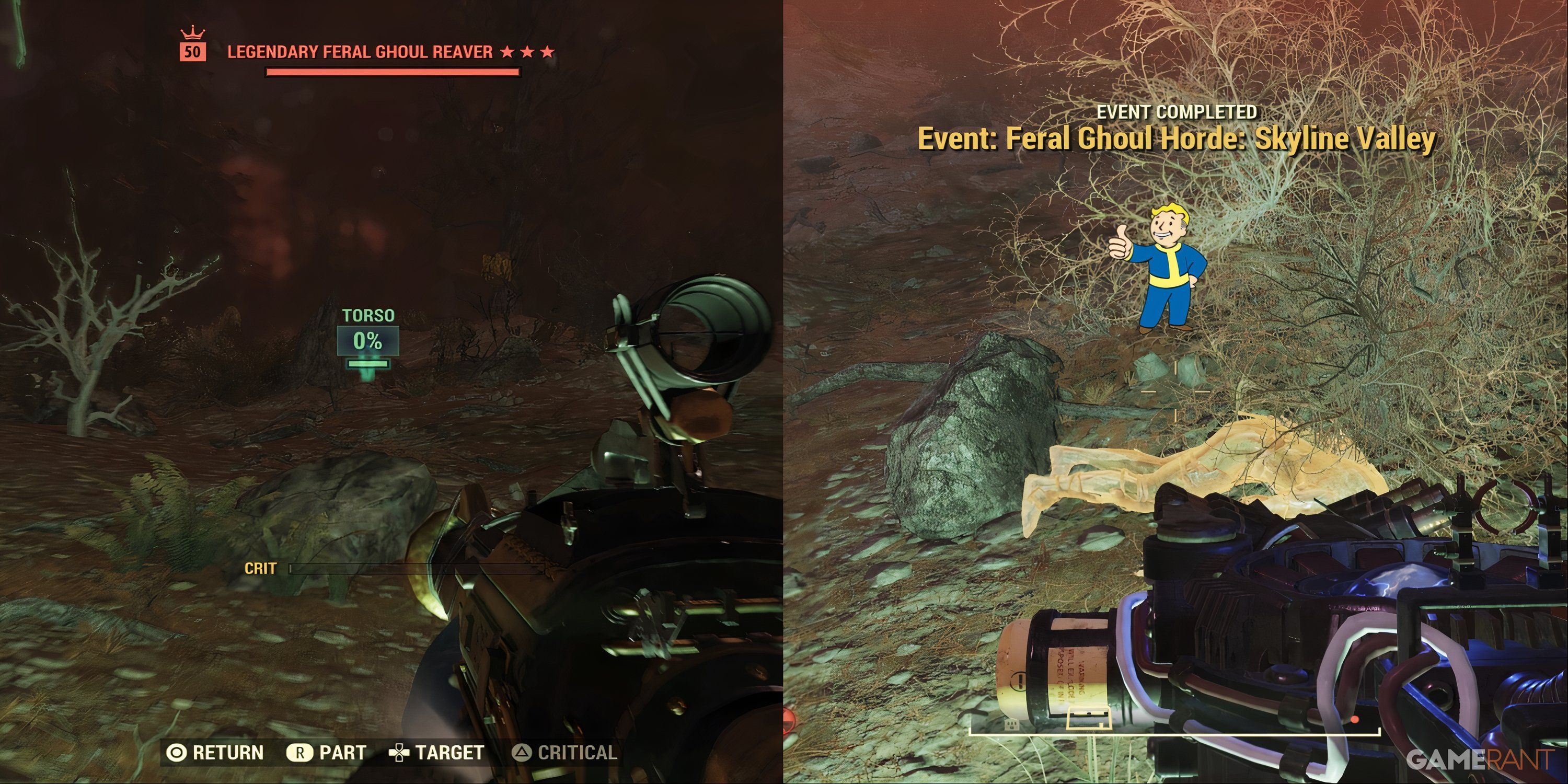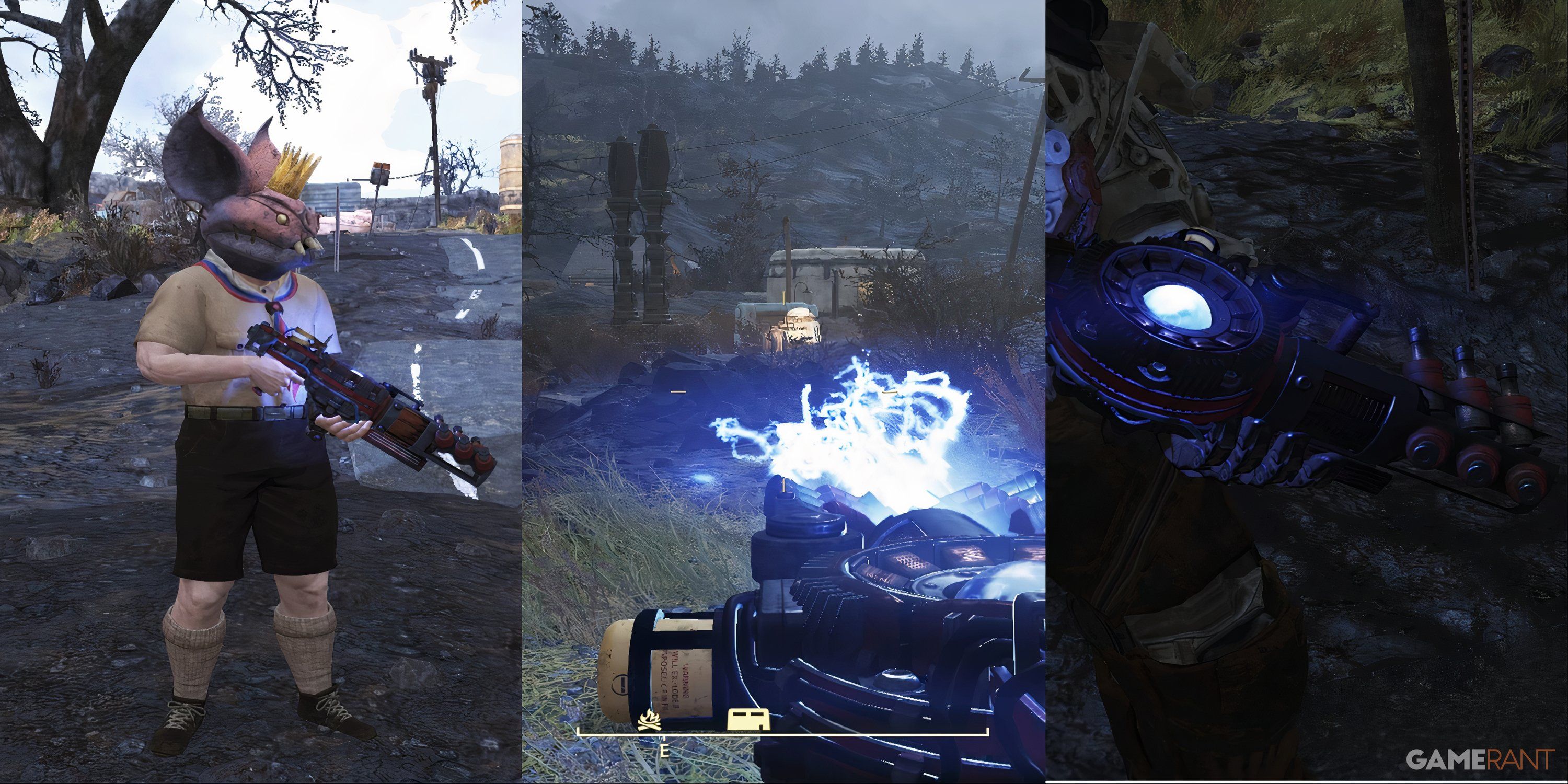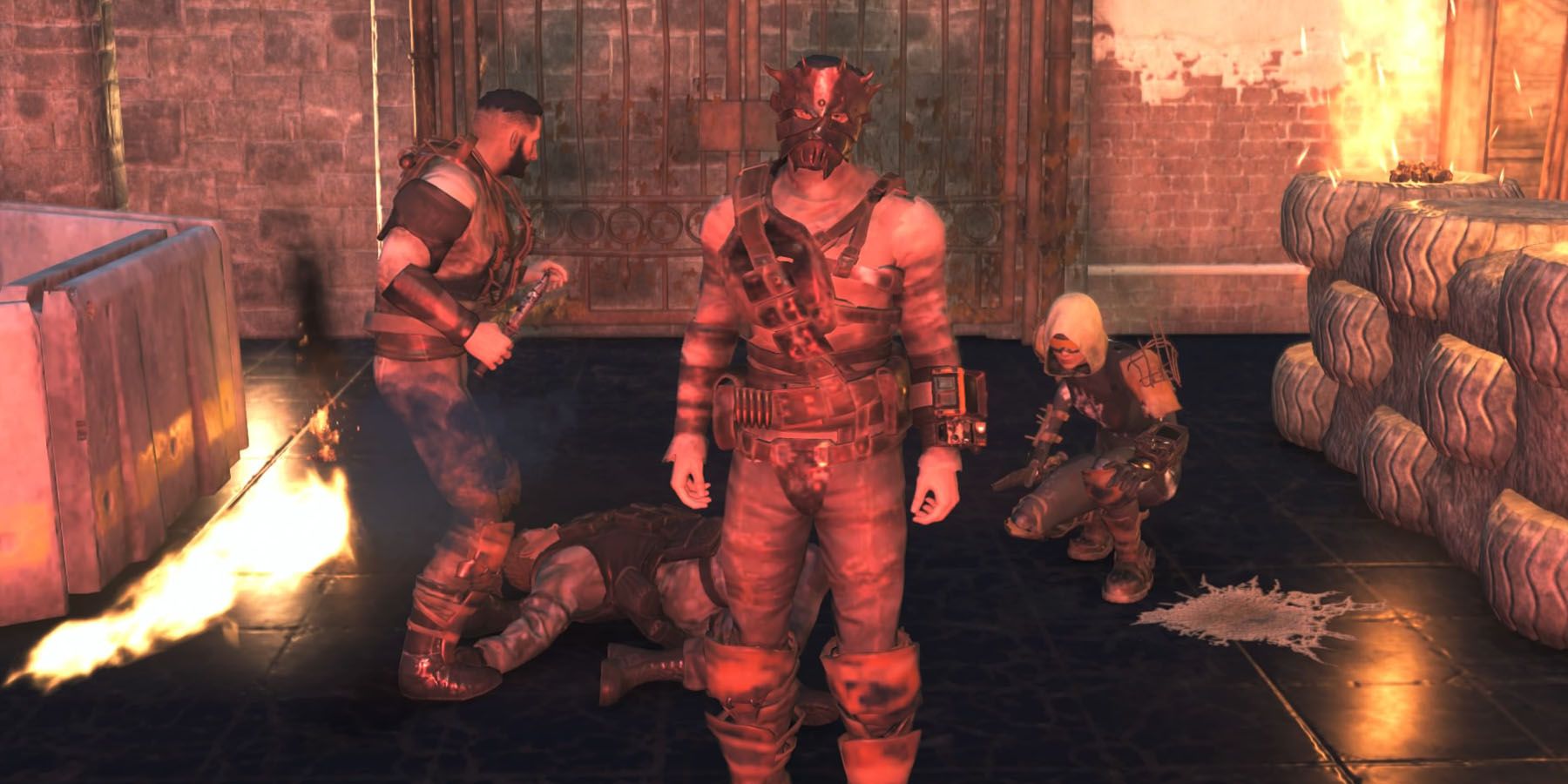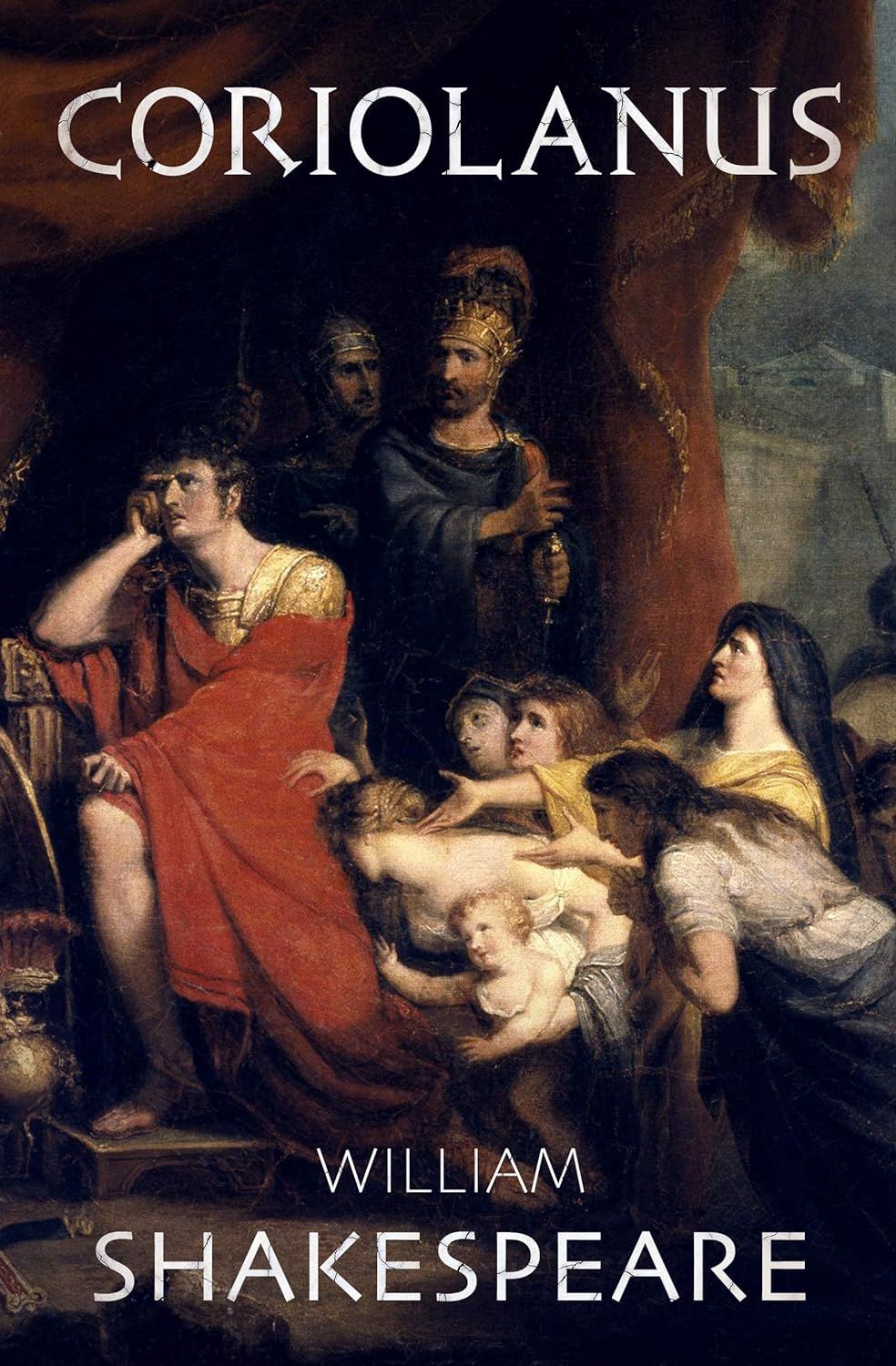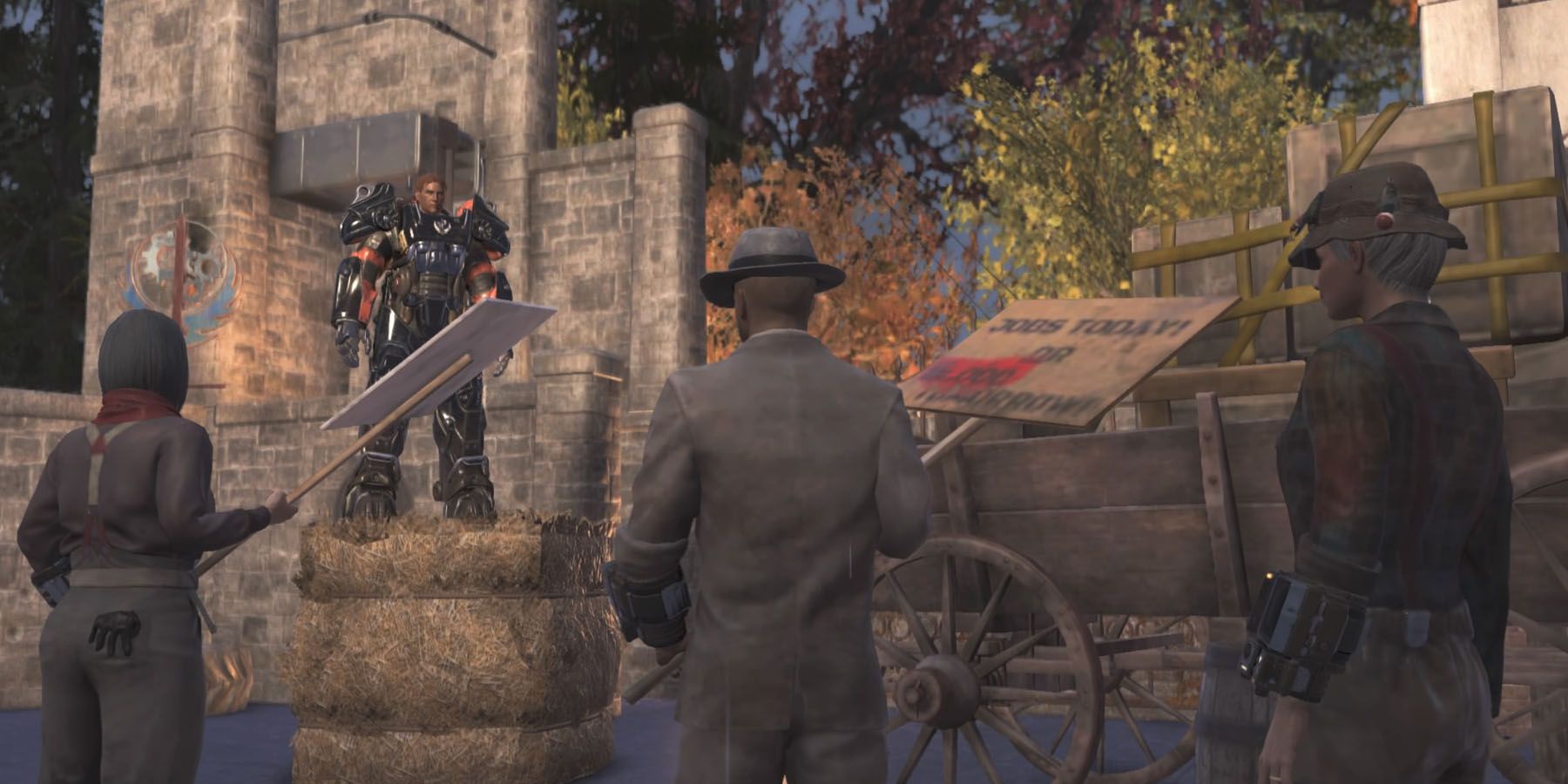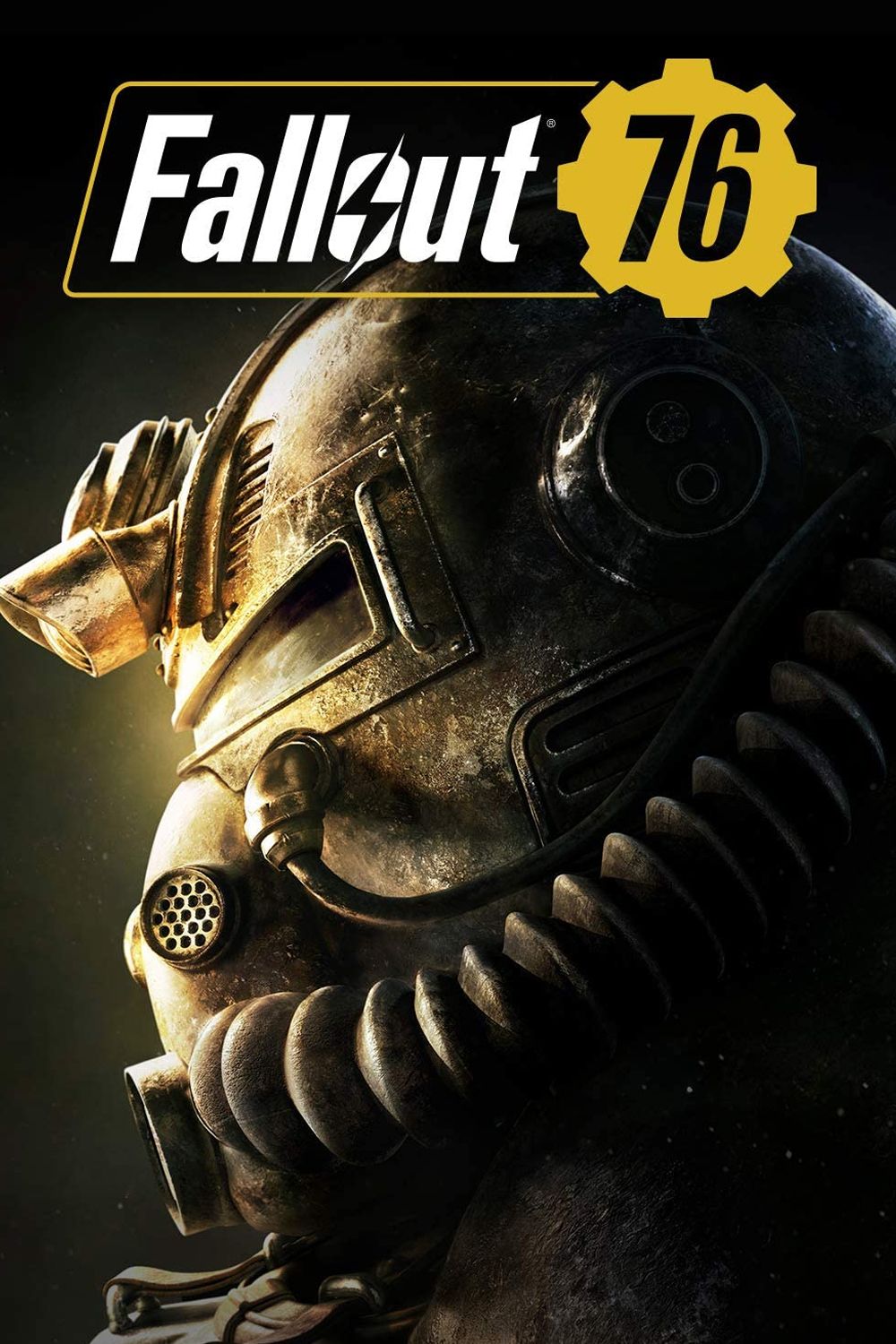Even after the end of civilization, humanity will carry on their love of art. That’s the argument made by the Wasteland Theatre Company, a group of players of Fallout 76 who stage productions of classic plays in that game’s post-apocalypse.
The Wasteland Theatre Company adds a layer of performance to the plays they stage by adapting them the way a group might to suit the world they find themselves in. In the case of their recent performance of Coriolanus this meant substituting the Brotherhood of Steel for the Roman Empire. That’s the kind of adaptation proposed by an actual play, Mr. Burns, a Post-Electric Play, which carries a similar notion as its core concept.
Just before the Wasteland Theatre Company brought Coriolanus to Fallout 76’s post-nuclear Appalachia, Game ZXC spoke with their artistic director Northern_Harvest about the adaptation. The following interview has been edited for clarity and brevity.
Q: Can you introduce yourself?
A: I am Northern_Harvest, Artistic Director of the Wasteland Theatre Company. We are a community digital theatre troupe based in the post-nuclear apocalyptic MMO Fallout 76, performing Shakespeare and classic theatre live in the Wasteland.
Q: How does it feel to be on the eve of your debut?
A: Our cast and crew have been working tirelessly for months, rehearsing every Sunday under the play’s Director and Stage Manager Jonathan Thomas aka Bramadew.
Just like in real-world theatre, the cast is excited about the performance, we get jitters like any actor does before a big show. Only, in our case, we also have to worry about disruptions like Super Mutants, hostile robots, griefers, being nuked, and server disconnections.
Q: Why did your team choose to stage Coriolanus?
A: We selected Coriolanus as our fall production because it has so many parallels to the themes and stories within the Fallout universe, particularly the Brotherhood of Steel. Drawing connections between the lore of Fallout and similarities in Coriolanus helps our predominantly gaming audience create a relationship between them and the words of Shakespeare.
Q: How does it feel to be the first to perform this particular play in a game?
A: Shakespeare performance continues to evolve, thrive, and adapt to new audiences in new ways, whether on stage, in movies, podcasts, or in non-traditional spaces: that’s what makes Shakespeare so timeless. Being the first to perform Coriolanus in this digital performance space opens so many doors for the relationship between gaming and theatre, and what better way than this great Shakespearean tragedy?
Q: What makes online games like Fallout 76 good stages for performances?
A: Fallout 76 is a Massively Multiplayer Online Role Playing Game (MMORPG), which means people from around the world can play together, be creative, and hang out. Where people are, art, culture, and expression will ultimately follow. Bethesda created a game where interaction between players is promoted, encouraged, and well-supported. This, in turn, creates a safe space for players to gather and create.
The Fallout 76 community is famously among the most welcoming and supportive communities in gaming, and that lends to an environment where people can do fun things like theatre together. The tragic post-nuclear apocalyptic environment of Fallout lends really, really well to the themes in Shakespeare.
Fallout 76allows us to build theatres, stages, and set designs specific to each of our productions. Our stage designer PapaGator aka Hera Jura aka ThorOdinsdottir is renowned in the Fallout 76 community for her ability to use the build mechanisms in-game to produce amazing stages and sets.
Q: What key changes did your team need to make to Coriolanus in order to perform it in Fallout 76?
A: Coriolanus takes place in pre-Republic Rome, and follows the story of Gaius Marcius who bravely battles the Volscian army. In order to receive a promotion, he needs the endorsement of the common people, whom he loathes. Rather than appealing to the people, he instead explodes in contemptuous rage and joins the Volscian army against Rome.
In our production, Rome is replaced by Fallout’s Brotherhood of Steel while the Volscians are now Raiders. “The people” are now the Settlers, while the Tribunes are now Brotherhood Scribes. We maintain the language of Shakespeare and make very few additions to the play besides adapting it to Fallout’s environment. We like to explore how Wastelanders would relate and respond to a Shakespeare play, and how the play could be performed for someone who lives in the Fallout universe.
Q: What was the hardest thing to adapt from the stage play to the game?
A: We always want our plays to appeal to our audiences, which are predominantly gamers viewing either in-game or on live stream. Coriolanus as a play runs over two hours, so we had to adapt it to fit within about 60 minutes, which requires some pretty serious decisions on what to cut. In our case, we combined a few characters (for example Volumnia, Virgilia, and young Martius are rolled into one character), and we had to cut a significant number of lines. In doing this, we also have to decide what to do with some of the metaphors and themes that are embedded in the play that reveal themselves through long and nuanced dialogue.
Cutting Shakespeare is the hardest thing to do, but we hope in the end, we are able to tell the story in a way that honors the Bard’s intentions.
Q: Were there any unexpected challenges you had to overcome preparing for the performance?
A: Our cast and crew are now very experienced in performing Shakespeare in Fallout 76. This is the fourth Shakespeare play we’ve performed after Macbeth, Romeo & Juliet, and A Midsummer Night’s Dream. The biggest challenge is, of course, learning new characters and presenting them in a convincing way. However, we all had trouble pronouncing “Marcius” at the beginning.
Q: Were any particular Fallout 76 features important to the play?
A: We really drew from the Brotherhood of Steel (BOS) questline for inspiration, as we found similarities between the characters known as Knight Shin and Coriolanus himself. We hadn’t thought of doing a Brotherhood of Steel-themed play, but Coriolanus and the pompous pride of Rome really fit well with the BOS.
Q: Will there be a VOD or encore performance of Coriolanus?
A: Our producer and streamer Jessica Star will have a video up on YouTube after our performance, and as for an encore, that depends on our audience!
Q: What's next for Wasteland Theater Company?
A: The Fallout universe is extremely grotesque and brilliantly weird, which inspired us to do a Fallout-themed version of Alice Gerstenberg’s 1915 stage adaptation of Lewis Carroll’s Alice in Wonderland and Through the Looking Glass. Shakespeare’s timeless themes of love, pride, revenge, and solitude make it easy and fun to view the plays through the lens of a post-apocalyptic survivor, and Coriolanus is no different, especially with a stoic military group like the Brotherhood of Steel.
What's next will be determined as we continue to explore both the Wasteland and the works of Shakespeare.
Q: Shifting gears a little, are you looking forward to the Atlantic City expedition?
A: We are excited and hungry for anything Bethesda brings to Fallout 76. Every time there is an update, we know that there is something in there for us to play with as a theatre troupe. All the work Bethesda did with the Brotherhood of Steel questlines led to our production of Coriolanus, so who knows what Atlantic City will inspire!
Q: Is there anything else you'd like to add?
A: Fallout 76 is an extremely fun and interactive game, whether you are a solo player or want to meet people and roam the Wasteland together. The game is celebrating its 5th birthday this week, and I don’t think Bethesda could have ever known that there would be live Shakespeare plays performed in their game. Whatever the future holds for Fallout 76, so long as there are players, there will be plays!

